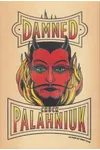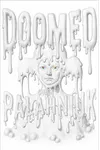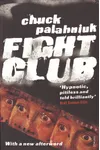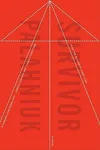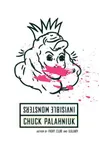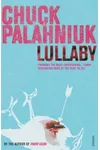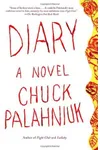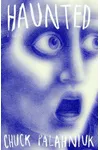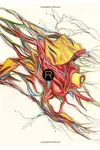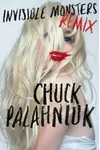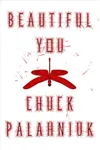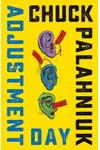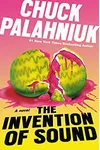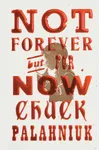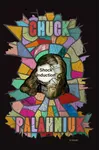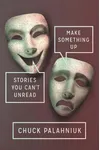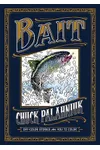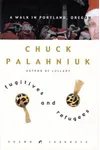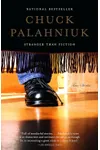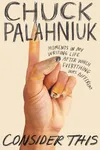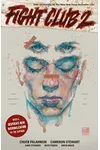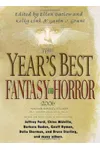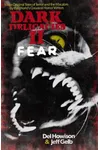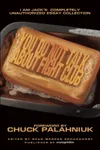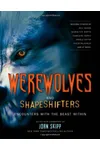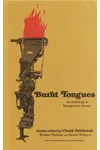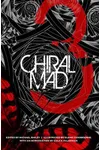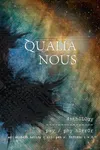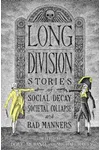Picture an American storyteller who turned underground rebellion into a cultural phenomenon—meet Chuck Palahniuk! With his raw, minimalist prose and fearless dive into society’s underbelly, Palahniuk redefined transgressive fiction. His breakout novel, Fight Club, sparked a cinematic revolution, but his lesser-known works are just as gripping. Ready to explore the mind of a literary provocateur?
Born in the Pacific Northwest, Palahniuk’s gritty storytelling reflects a life shaped by resilience and rebellion. From his journalism roots to his unflinching novels, he’s a voice for the marginalized, blending dark humor with sharp social critique. Let’s dive into his world!
The Making of Chuck Palahniuk
Chuck Palahniuk was born on February 21, 1962, in Pasco, Washington, growing up in a mobile home with a tumultuous family life. His parents’ divorce and financial struggles fueled his outsider perspective. After earning a journalism degree from the University of Oregon in 1986, he worked as a freelance reporter and mechanic, experiences that grounded his raw, working-class voice. Inspired by writers like Bret Easton Ellis and Tom Spanbauer’s minimalist workshops, Palahniuk began crafting stories that cut to the bone.
His early writing, including the unpublished novel Invisible Monsters, was rejected for being too dark. Undeterred, he leaned harder into provocation, penning Fight Club as a defiant response. Published in 1996, it marked his rise from obscurity to literary rebel, proving his knack for turning society’s shadows into compelling narratives.
Chuck Palahniuk’s Unforgettable Stories
Palahniuk’s bibliography is a gallery of visceral, boundary-pushing tales. Fight Club (1996) follows an insomniac narrator and the anarchic Tyler Durden, exposing consumerism’s hollow core. Its 1999 film adaptation by David Fincher cemented its cult status. Choke (2001) dives into addiction and scams, centering on a con artist grappling with his past. Invisible Monsters (1999), remixed in 2012, explores identity and beauty through a disfigured model’s surreal journey. Lullaby (2002) blends horror and satire, imagining a lethal lullaby with apocalyptic stakes.
His style—minimalist, darkly funny, and packed with shocking twists—mirrors his themes of alienation, identity, and rebellion. Palahniuk’s stories amplify marginalized voices, from sex addicts to outcasts, challenging readers to confront uncomfortable truths. His ability to weave humor with horror makes his work both accessible and profound, earning him a devoted following.
Recent works like Adjustment Day (2018) and The Invention of Sound (2020) continue his provocative streak, tackling dystopian politics and Hollywood’s dark side. Each novel feels like a dare to question societal norms, delivered with Palahniuk’s signature wit.
Why Chuck Palahniuk Matters
Chuck Palahniuk’s impact on transgressive fiction and pop culture is undeniable. Fight Club didn’t just inspire a film; it became a cultural touchstone, sparking debates on masculinity, consumerism, and rebellion. His fearless exploration of taboo topics—addiction, identity, mortality—has carved a space for raw, unfiltered storytelling. Writers like Gillian Flynn and Bret Easton Ellis echo his influence, while fans cherish his ability to make the marginalized feel seen.
Palahniuk’s legacy lies in his courage to provoke and his knack for blending satire with empathy. By exposing society’s fault lines, he invites readers to question the world around them. His work remains a rallying cry for those who feel invisible, proving literature can be both a mirror and a Molotov cocktail.
- Born: February 21, 1962, in Pasco, Washington
- Key Works: Fight Club, Choke, Invisible Monsters, Lullaby
- Notable: Fight Club won the Pacific Northwest Booksellers Award (1997)
About Chuck Palahniuk
Snag Fight Club or Invisible Monsters and dive into Chuck Palahniuk’s thrilling, transgressive world! His stories will leave you laughing, gasping, and questioning everything.
